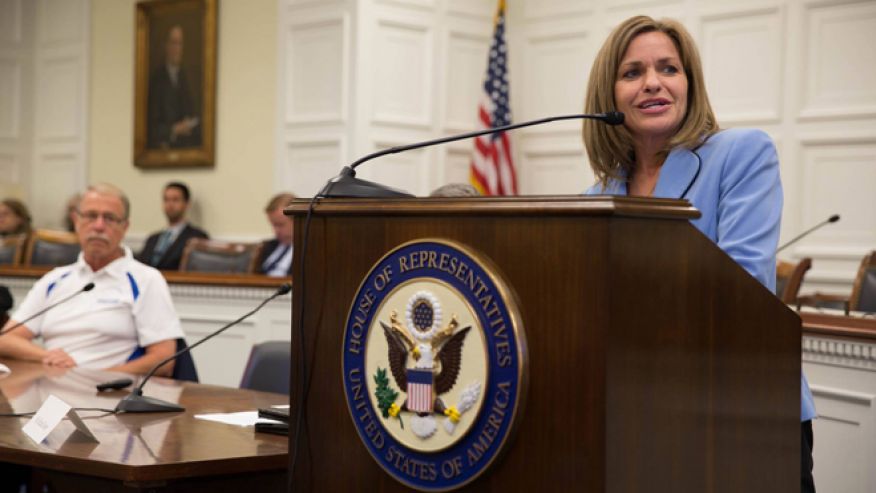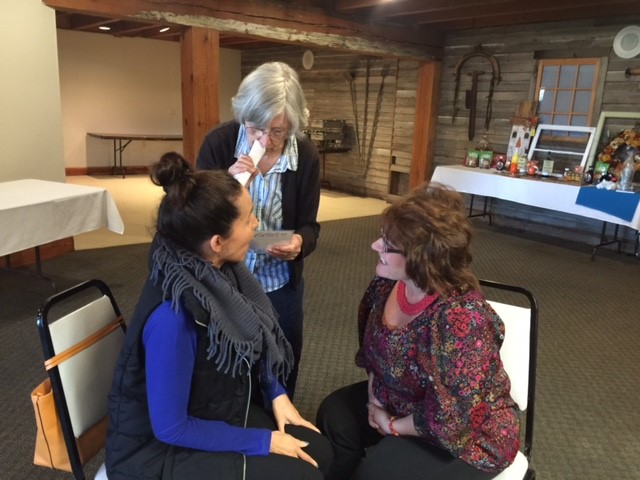
June 2, 2017 |
Organization Highlight: The National Council for Behavioral Health
The National Council for Behavioral Health is the unifying voice of America’s mental health and addictions treatment organizations.

The National Council for Behavioral Health is a not-for-profit 501(c)(3) established in 1970, with roots in the community mental health center movement. Addiction policy became a major focus of the National Council’s work following the merger with the State Associations of Addiction Services (SAAS) in 2014. Throughout it’s history, the National Council has remained committed to the principle that those with mental illness or addiction disorders should have access to the full spectrum of services and supports they need, in their own community, regardless of their ability to pay.
“The general public should understand that addiction is a chronic disease impacting people from all walks of life. Like other chronic diseases, addiction often involves multiple cycles of treatment and requires ongoing recovery support and management.”
-Stephanie Pellitt, National Council Policy & Advocacy Associate
The National Council advocates for policies and practices that ensure that people who have mental health and substance use disorders can access comprehensive health care services. The National Council was key stakeholder in the development and passage of the Comprehensive Addiction and Recovery Act (CARA) in 2016 – the first federal law to fully recognize recovery from addiction – a law which provides a truly comprehensive approach to addressing addiction through a variety of federal grant programs aimed at prevention, treatment, recovery, overdose reversal, law enforcement, and veterans.
“One huge barrier to recovery is the bias against medication-assisted treatment (MAT). The National Council works directly with treatment providers to educate them about the evidence behind MAT and how to best implement the practice in their organization.”
-Stephanie Pellitt
In addition, the National Council offers state-of-the-science education and technical assistance and resources to ensure services are efficient and effective. All of this enables individuals to work toward and remain in recovery. Currently, the National Council has trained more than 1 million people in the Mental Health First Aid program across the United States.

“Individuals considering recovery should understand that there are many pathways to recovery from addiction and that you have choices in what path you want to pursue. There is a wide-range of evidence-based cognitive, behavioral, and medication therapies to treat addiction as well as numerous, effective recovery support services.”
-Stephanie Pellitt

Learn more about the National Council on their website or on Twitter @nationalcouncil
